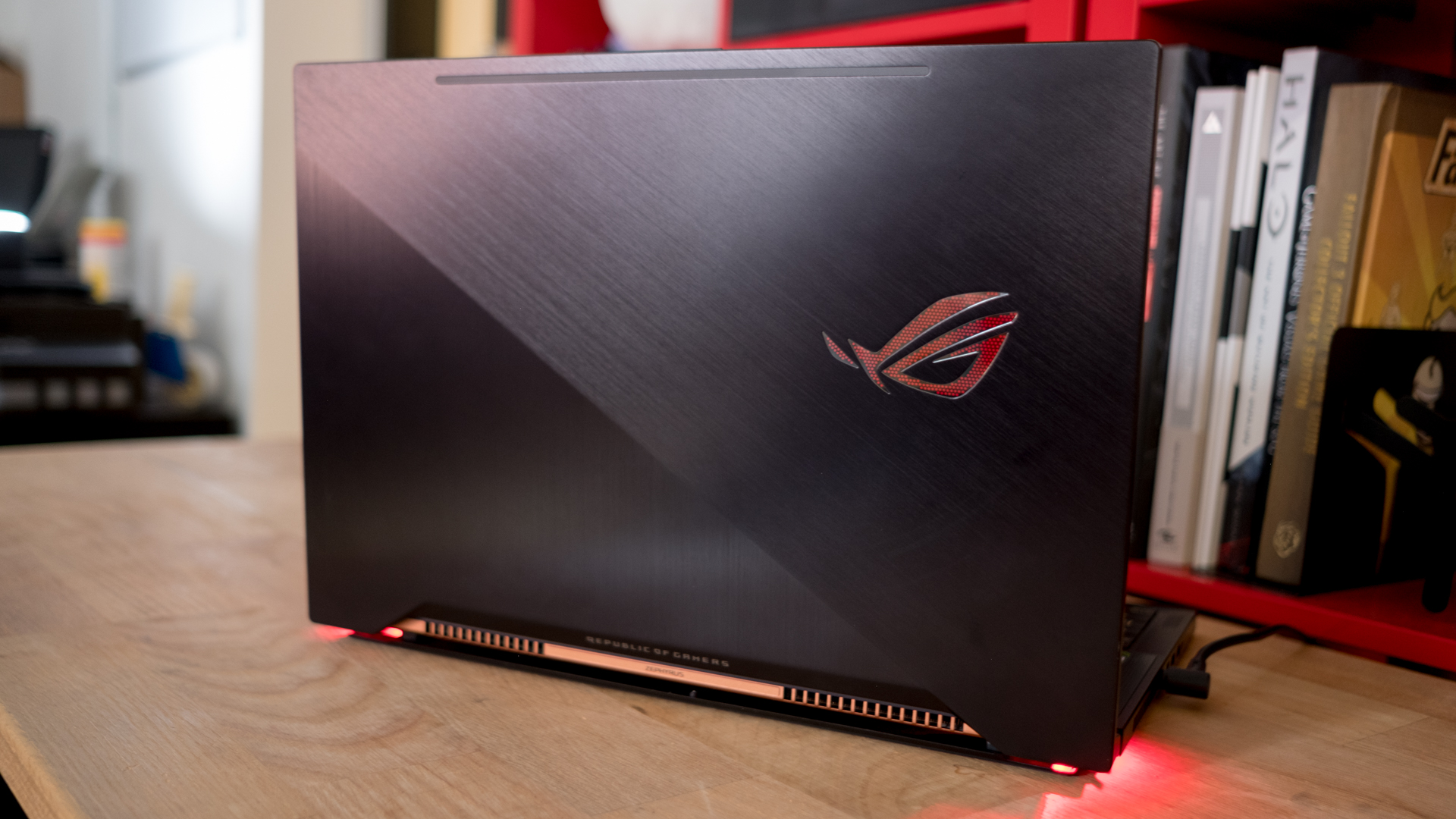Leak suggests GeForce RTX 2070 Max-Q GPU for laptops is more powerful than full-fat GTX 1080
And indeed it’s faster than AMD’s Radeon RX Vega 64 graphics card

A fresh leak has given us a potential idea of the performance of Nvidia’s incoming GeForce RTX 2070 Max-Q, a graphics card made for thin-and-light laptops, and apparently it’ll offer power equivalent to the GeForce GTX 1080 or Radeon RX Vega 64 desktop GPUs.
The Final Fantasy XV benchmark was spotted by prolific leaker TUM APISAK, and shows the RTX 2070 Max-Q hitting a score of 3,080, which outdoes the GTX 1080 (which scores 2,892) and the RX Vega 64 (2,895).
So, if you buy a notebook with the RTX 2070 Max-Q inside, you’ll seemingly be getting something which is slightly faster than the full-fat desktop GTX 1080 – at least going by one benchmark, so obviously that’s a fairly limited point of view.
And naturally, that’s assuming this leak is a genuine one, so the usual caveats apply.
If true, it’s an impressive little benchmark for a laptop GPU designed for gaming on the go, and more to the point, this is a Max-Q design, meaning that Nvidia has optimized the solution to be more power-efficient to better suit ultrathin laptops – yet you’re still getting plenty of pixel-shifting power.
Flagship delay?
The GeForce RTX 2070 Max-Q is expected to be unveiled at CES along with the rest of Nvidia’s laptop line-up for this generation (Turing), although there is some doubt as to whether the flagship RTX 2080 will be revealed (that might come slightly later – although all of this is speculation, again).
Meanwhile, Nvidia has recently been showing off another new technology for its Turing-powered graphics cards, namely mesh shading which could provide much better performance when rendering scenes with a lot of complex objects.
Get daily insight, inspiration and deals in your inbox
Sign up for breaking news, reviews, opinion, top tech deals, and more.
An Asteroids demo plus video showed off the new trick towards the end of last week, and the latter is well worth a watch for those mulling a purchase of one of Nvidia’s latest GPUs.
- These are the best graphics cards you can buy in 2018
Via Wccftech
Darren is a freelancer writing news and features for TechRadar (and occasionally T3) across a broad range of computing topics including CPUs, GPUs, various other hardware, VPNs, antivirus and more. He has written about tech for the best part of three decades, and writes books in his spare time (his debut novel - 'I Know What You Did Last Supper' - was published by Hachette UK in 2013).